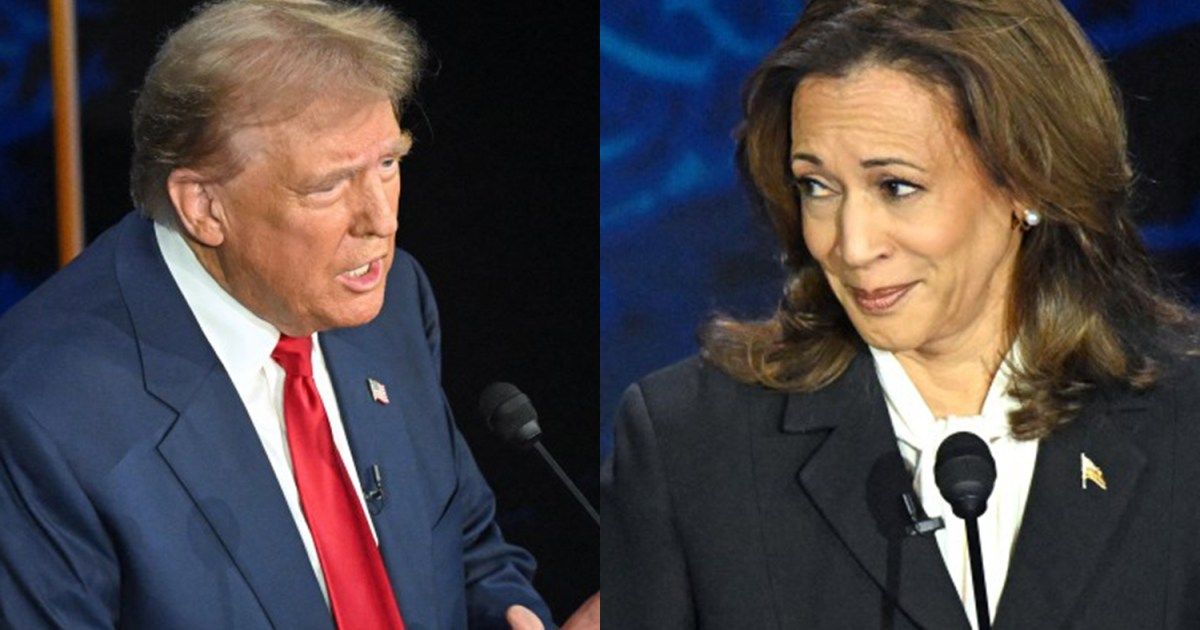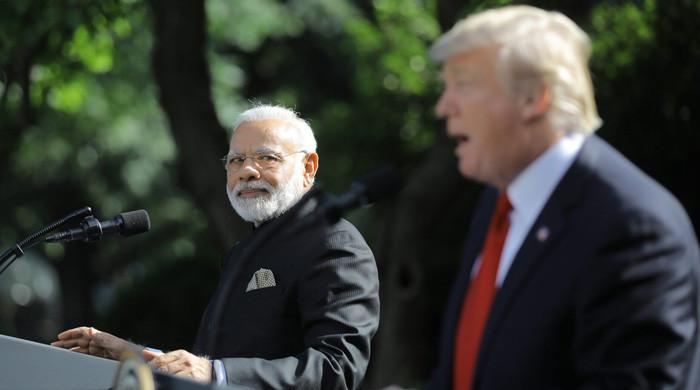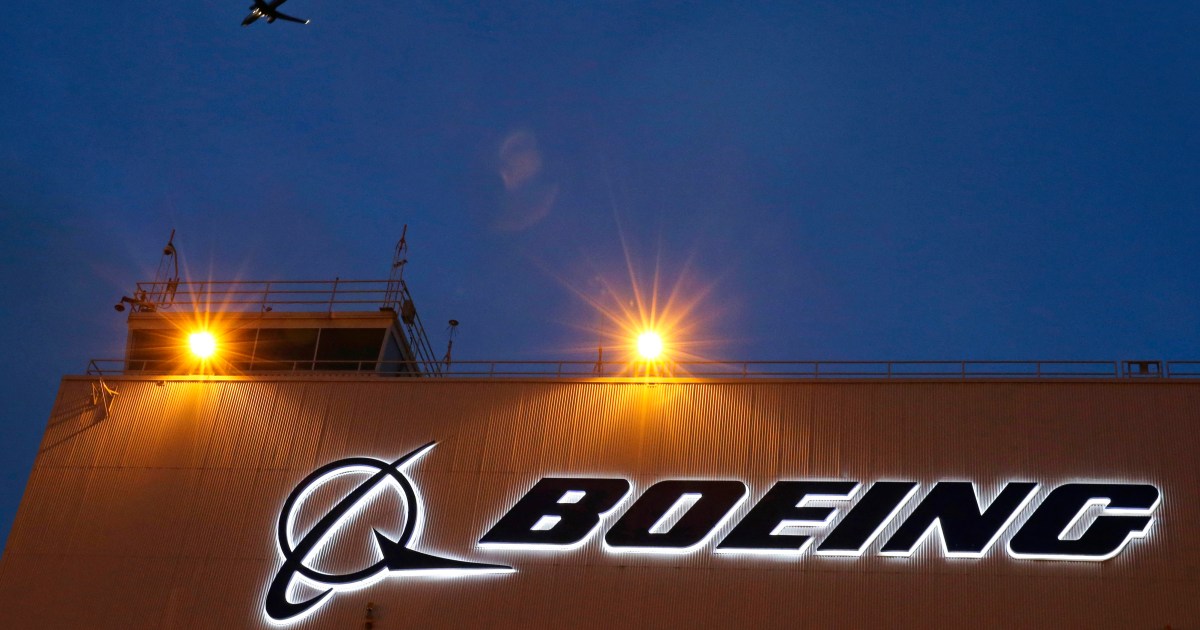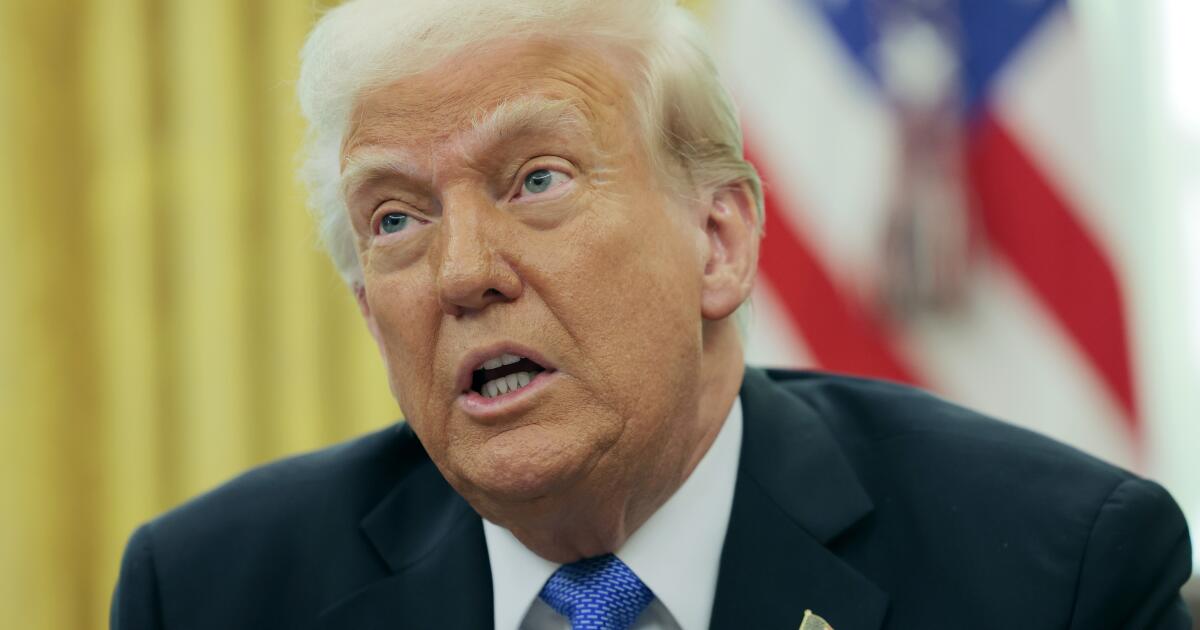Investors are rushing to shift their positioning following the closely watched debate between US Republican Donald Trump and Democratic Vice President Kamala Harris, as betting markets tilted in Harris's favour after the event.
Shares of Trump Media & Technology Group, the company that owns Truth Social, fell 13 percent Wednesday afternoon, while other so-called Trump operations, such as Bitcoin and cryptocurrencies, fell. Solar energy stocks, seen as beneficiaries of Harris’s victory, rose and health care stocks fell.
In a combative debate Tuesday night, Trump and Harris clashed over everything from the economy to immigration as each sought a campaign-altering moment in what has been a closely contested race.
The exchanges left investors with few new details on U.S. issues that could influence markets, including tariffs, taxes and regulation. But online prediction markets showed bets on a higher likelihood of a Harris victory in November: Harris’s odds in PredictIt’s 2024 presidential general election market improved to 55 cents from 53 cents before the debate, while Trump’s odds fell to 47 cents from 52 cents.
“There is a widespread view that Harris won the debate,” said Alvin Tan, head of Asia FX strategy at RBC Capital Markets in Singapore. “Obviously, it's not a sure win for Harris, but the chances of a Trump win have diminished somewhat.
While the presidential race is very much on investors' minds, political concerns have lately merged with more immediate market catalysts, including worries about a potential weakening of the U.S. economy and uncertainty about how far the U.S. Federal Reserve will need to cut interest rates.
The S&P 500 posted its worst weekly percentage loss since March 2023 last week after a second straight disappointing jobs report, though the index is still up about 15 percent this year.
Still, some investors believe that even a small shift in perception of the candidates could prove significant in a race that could be decided by tens of thousands of votes in a handful of states. The candidates are tied in all seven battleground states that are likely to decide the election, according to polling averages compiled by The New York Times.
“The US presidential debate achieved its objective by handing a decisive lead to one of the candidates in what has been an exceptionally close race,” said Charu Chanana, head of FX Strategy and global market strategist at Saxo. “Cryptocurrency and energy stocks could face headwinds as market sentiment adjusts to the changing political dynamics.”
Trump has positioned himself as a pro-cryptocurrency candidate.
Impact of the debate
Investors pointed to several market sectors where the debate appeared to have had an impact.
Investors hit Trump Media & Technology Group shares hard, which have been popular with retail traders and sensitive to the former president’s chances of winning the 2024 election. The stock fell as much as 18 percent to a new post-IPO low of $15.30. Bitcoin was largely unchanged on the day after falling nearly 4 percent, while shares of some crypto-focused companies, including cryptocurrency mining firm Riot Platforms, also fell.
Shares of prison operators including GEO Group and CoreCivic, which are seen as likely to benefit from tougher immigration policies, also fell.
At the same time, shares of US-listed solar companies that are seen as likely to benefit from Harris's win rose. The Invesco Solar ETF, which was down 25% for the year, rose 5% on Wednesday.
Shares of health insurers including Humana and CVS Health also fell Wednesday. Some analysts believe Harris' push to lower drug prices could hurt the sector.
Taxes and duties
Trump has promised lower corporate taxes and a tougher stance on trade and tariffs. He has also said a strong dollar hurts the United States, though some analysts believe his policies could spur inflation and eventually boost the currency.
Last month, Harris outlined plans to raise the corporate tax rate from 21 percent to 28 percent, a proposal some on Wall Street believe could hurt corporate profits.
Steve Chiavarone, a senior portfolio manager at Federated Hermes, said a Harris presidency, seen as less likely to widen budget deficits through increased spending, could help support Treasury bond prices while boosting growth in large-cap and technology stocks.
U.S.-focused policies such as tax cuts and tariffs under a Trump presidency could boost small-cap stocks and cyclical companies while hurting bonds, he said.
On Tuesday night, Harris attacked Trump's plans to impose steep tariffs on foreign goods — a proposal she compared to a sales tax on the middle class — while touting her plan to offer tax breaks to families and small businesses.












